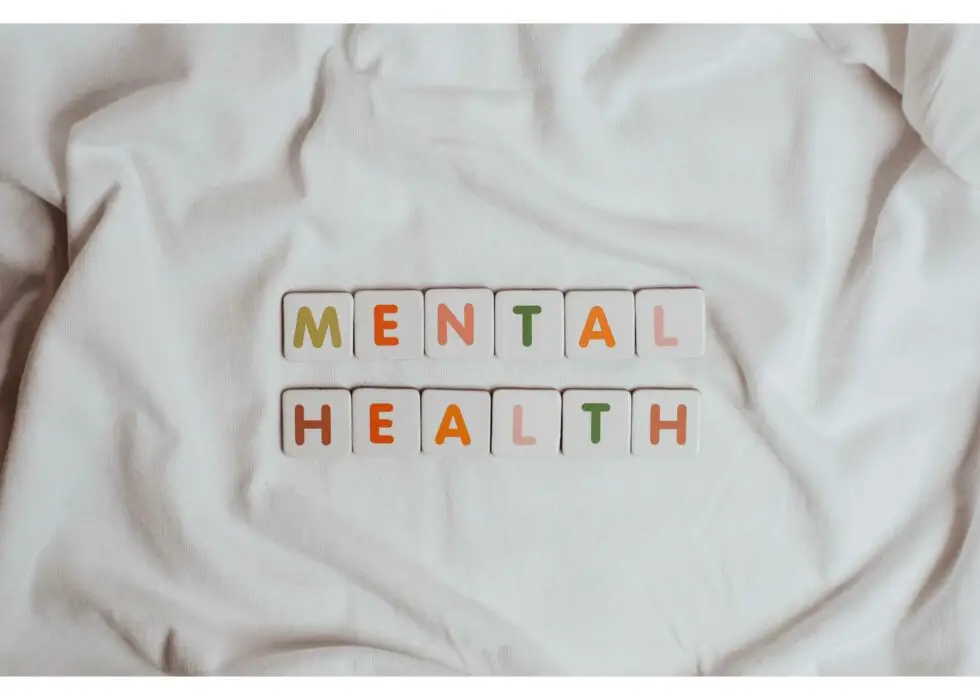Are you struggling to understand your friend or family member when they talk about their mental health?
It’s hard for people who have never dealt with this topic before to know how to listen and support their loved one, but it can make a world of difference if we know how.
Perhaps you’re struggling with your own mental health and want to be able to share more about how you’re feeling with those around you. It can be difficult to explain or understand your symptoms, especially when you’re first recognizing them, or in the beginning stages of therapy/medication management. Some may say they feel lost because they don’t know how to share their experience with a loved one without knowing if they’ll be judged or criticized. Having support and people in your corner is one of the most beneficial and positive ways in addressing mental health.
Here are some ways that you can assist your loved one in being comfortable sharing information about their mental health with you. For the one experiencing mental health challenges, these are some ways to share your symptoms on mental health so a family member or friend can understand:
Education
Have you ever heard of the phrase ‘knowledge is power’? It is true! In the case of mental health, education can help profoundly whether you’re the one experiencing symptoms or the friend or family member wanting to understand what your loved one may be experiencing.
There are different ways to educate yourself:
- Reading books
- Researched based articles
- Blog posts such as this
- Simply asking questions
When asking questions, it’s important to go into the conversation with an open mind and not jump to conclusions immediately or give unsolicited advice. Being a listening ear can be more helpful than you think!
If you or your loved one chooses therapy, one of the modalities that might be used is psychoeducation. Psychoeducation will provide you and/or your loved one with knowledge about different components involved in the diagnosis as well as various forms of treatment which may lead to positive outcomes.
Support
Support for mental health can look different from person to person, but it’s important to respect boundaries and feelings of your loved ones. For example, someone may be ashamed or apprehensive about sharing information. If so, then maybe asking them how you might best help out would be a positive first step in supporting them without seeming overbearing.
Other forms of support could include joining groups like meditation sessions (if they feel comfortable), putting together an action plan at home with weekly phone calls so both parties feel connected, even though one may live far away–just some ideas!
When a person struggling with mental health has positive influences in their corner, this allows for substantial growth.
Self-Care and Awareness
It can be hard to understand or manage your loved ones mental health when you see they are experiencing difficulty in their life. If you notice that he/she is struggling with managing symptoms such as impulses or erratic or depressed behaviors; it’s important for both of you (you & them) to take care of yourselves so you’re able to resolve this situation productively. When you’re not able resolve a situation, it can become frustrating for both parties.
For instance, say your loved one is struggling with depression; they can’t seem to find motivation, can’t get out of bed to help with the kids, or they’re isolating themselves. Chances are they really don’t want to be feeling this way and are struggling to stay afloat. Encouraging self-care for your loved one and implementing self-care for yourself will give you both the time to sit and reflect on your thoughts and fill your cup to prevent confrontation or ill feelings toward one another.
Recognizing your own body language, your communication styles, and how you react to situations is also important in being aware of how your support or information is perceived. For someone who may be more reactive it can be beneficial to be aware of this before going into a conversation that could trigger your loved one. As shared above, awareness of body language and tone of voice can set the precedence for how a conversation will unravel.
Resources
These resources will help you better understand mental health and common experiences so that you can provide support and information to your loved one.
- Therapistaid.com offers many different worksheets and educational pieces regarding diagnoses, awareness, managing and understanding symptoms, etc.
- Nami.org (National Alliance on Mental Health) is a website with so many sources. It is a great way to look into support groups that can address the needs of your loved one near you.
- Using ‘I statements’ – “I feel emotion word when explanation” to positively express yourself without putting blame on the other person. The allows for more neutral communication where both parties are more open to listening.
Navigating a new mental health diagnosis is never easy, whether you are the one struggling or the family member. Having an open conversation can make all the difference in ensuring your family is equipped with the necessary knowledge to support each other. Remember that it’s always best to support from a loving, open perspective and practice good self care tools so both parties are comfortable talking about potentially difficult topics. Don’t be afraid to read up on a diagnosis, join a support group, or seek therapy to learn more about mental health and the impacts it can have on your loved ones as well as yourself. Therapy is a safe place to explore emotions, discuss ways to communicate about your symptoms, and identify ways to support each other. We hope that this blog post has given you a starting point to discuss mental health with your family members, helping them and yourself in managing mental health better together.
Begin Working With A New Bern Therapist Today!
Addressing mental health with loved ones can be much easier said than done. Our team of therapists understands the struggles your family may experience, and we are happy to offer support from our New Bern, NC-based practice providing virtual care across the state. You can start your therapy journey by following these steps:
1. Fill out this consult form.
2. Learn more about our skilled therapists.
3. Start addressing mental health in a more positive way!
Other Services Offered with Renewed Wellness Counseling
Our team knows you and your family may face a variety of mental health concerns. This is why we are happy to offer support for your mental wellness from our New Bern, NC-based practice. Our therapists specialize specifically in therapy for military families, chronic illness counseling, and addiction counseling. We also offer life transition counseling, anxiety treatment, and trauma therapy. We are also happy to offer support across the state with online therapy in North Carolina and South Carolina. Visit our blog to learn more today!








